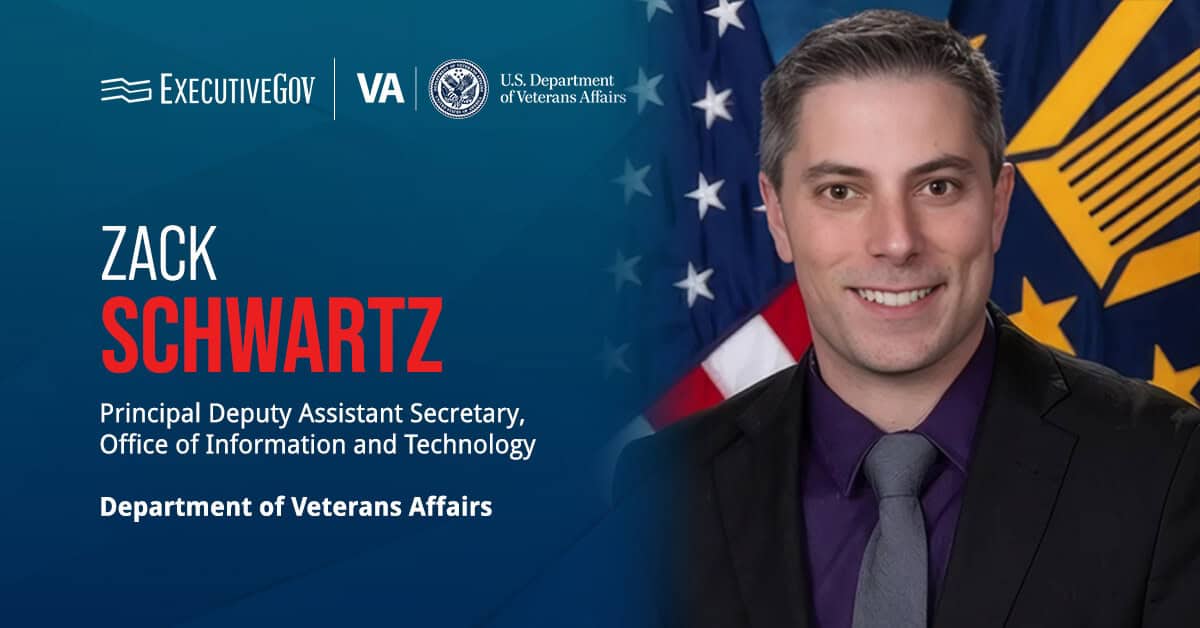
Reps. Stephanie Murphy, D-Fla., Derek Kilmer, D-Wash., Peter King, R-N.Y., and Will Hurd, R-Texas, have introduced a bill that aims to address digital content forgery or “deepfake†cases.
The Deepfakes Report Act of 2019 would task the secretary of homeland security to annually publish a report on technologies, gneneral applications and countermeasures regarding digital forgery, Murphy’s office said Tuesday. The annual report would also include authority-related proposals to address the issue.
Deepfakes refer to falsified digital media that perpetrators use as fake evidence, and may come in the form of images, video or audio.
“Our government needs a strategy to counter disinformation and work with the private sector to address these threats,” Hurd said.





